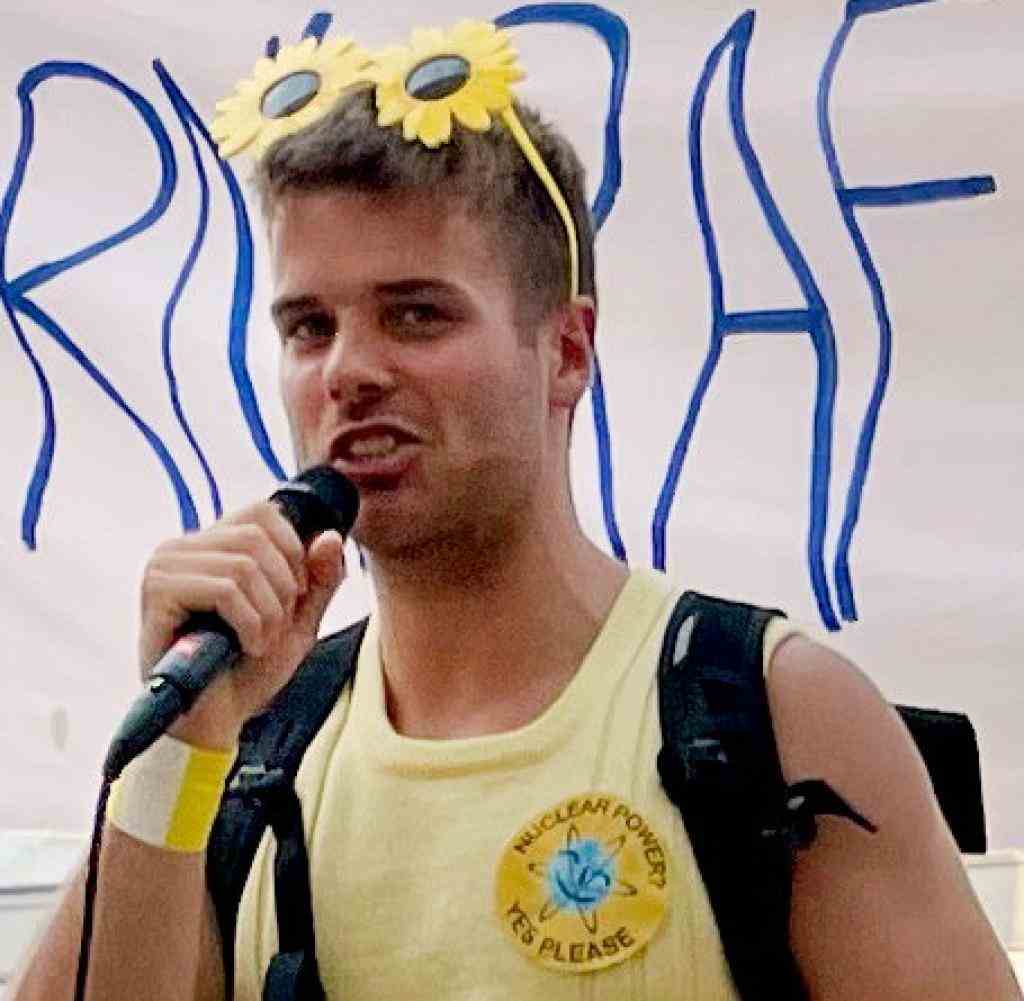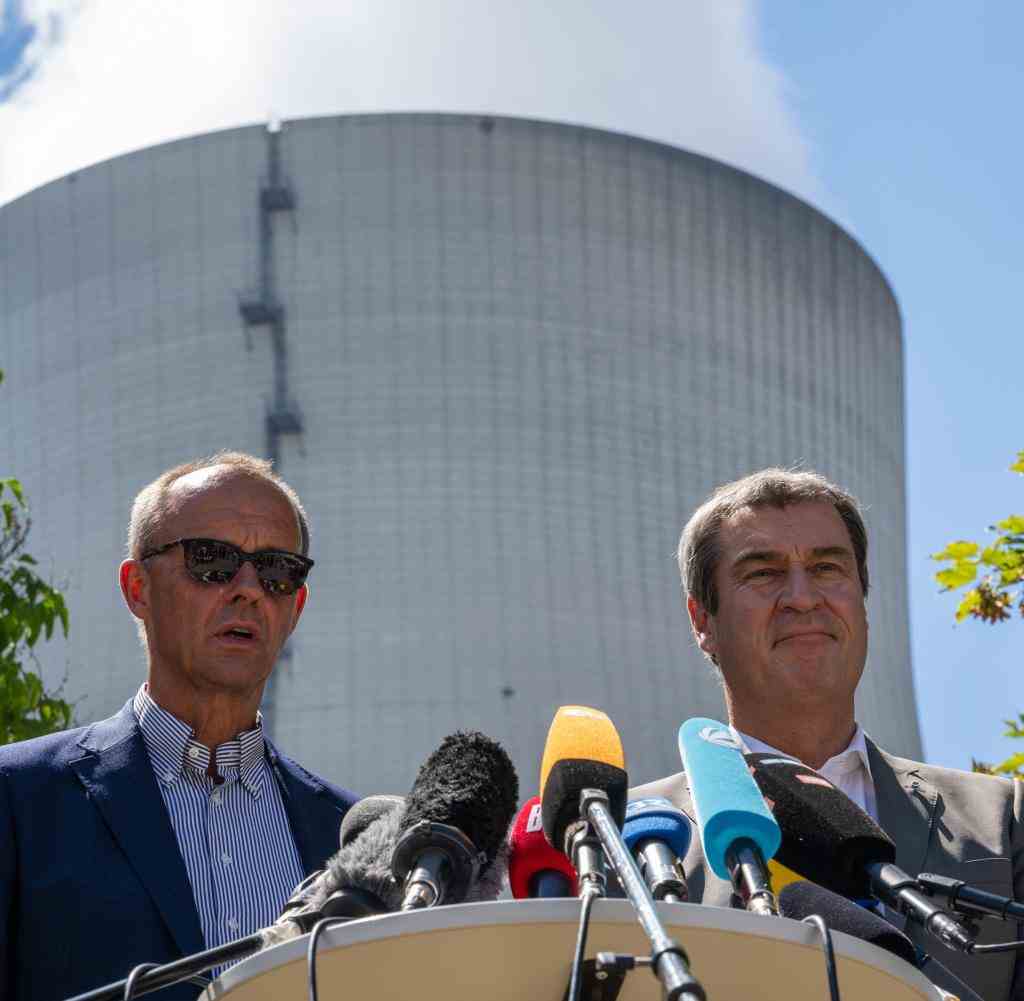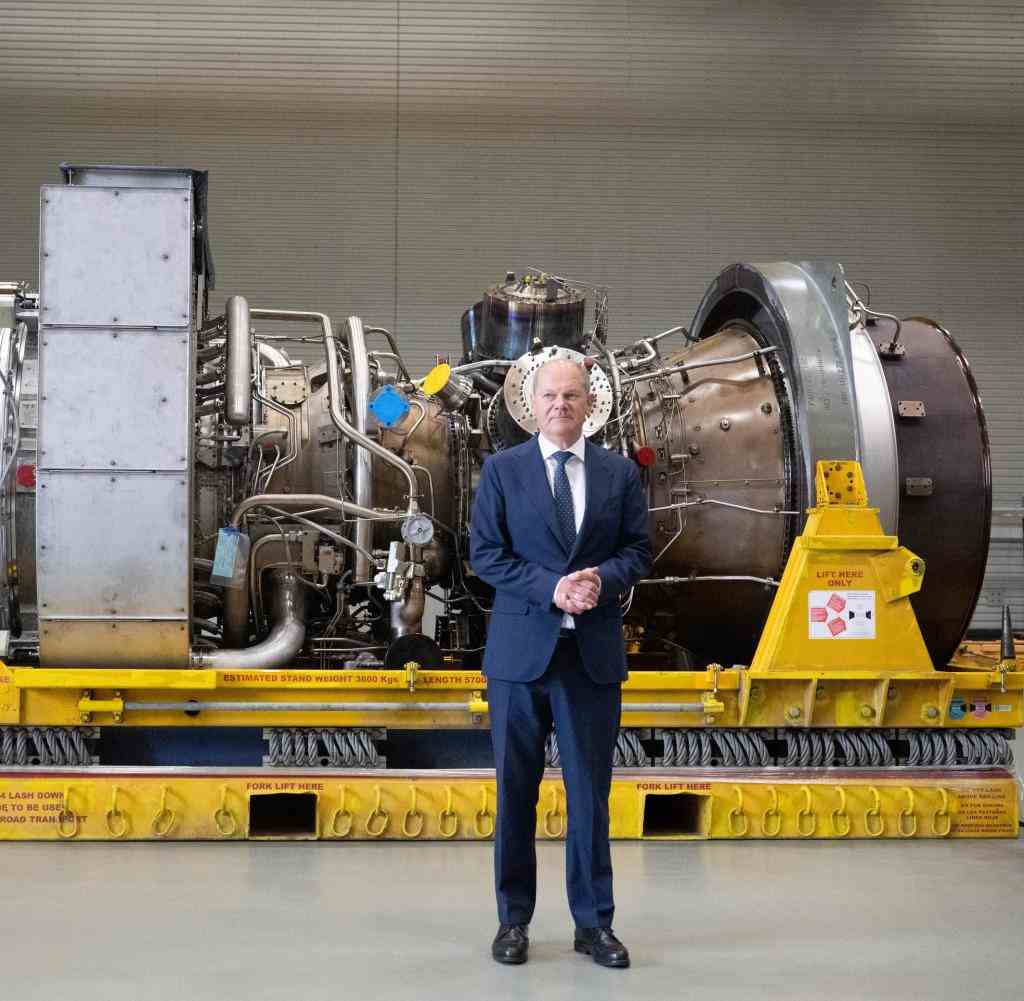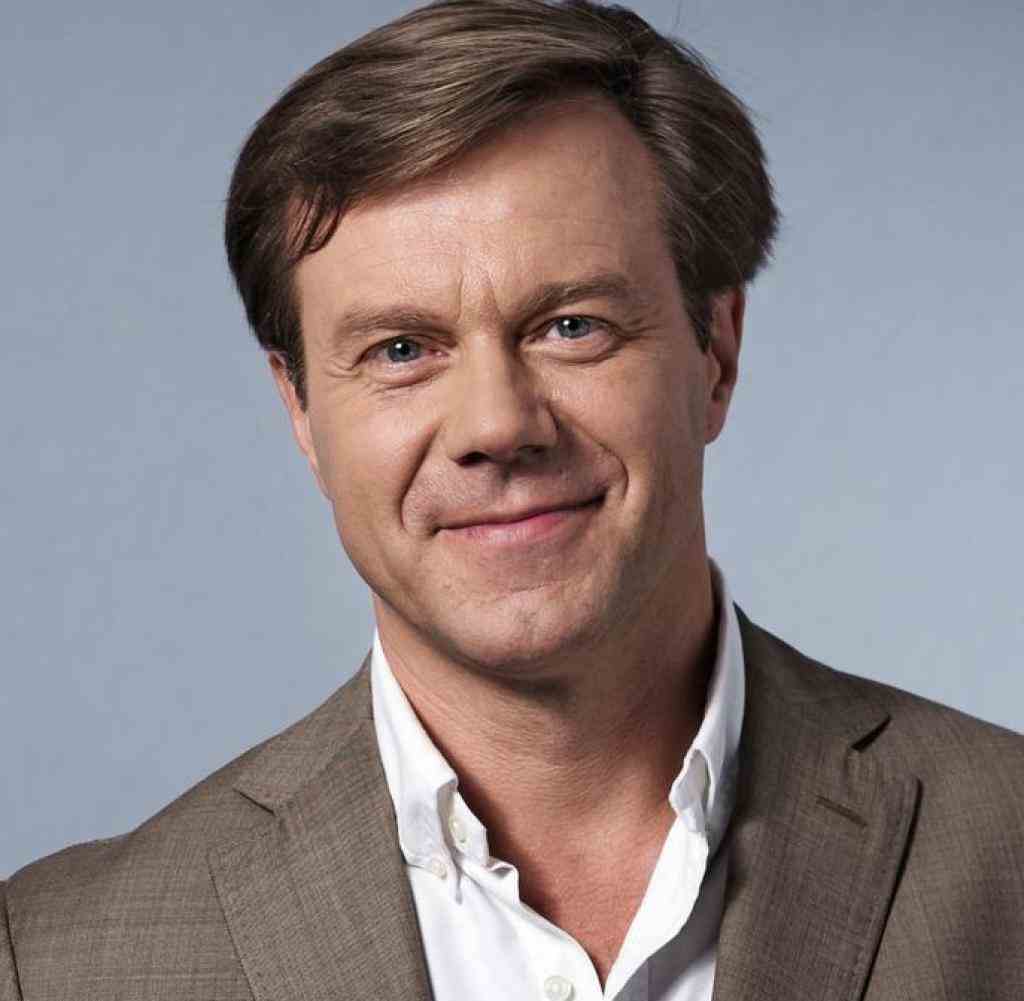VAgainst the background of the debate about longer nuclear lifetimes, CDU leader Friedrich Merz and CSU chairman Markus Söder visited the Isar 2 power plant near Landshut in Bavaria on Thursday. The visit fits the picture: the heads of the Union parties have been campaigning for weeks to extend the life of the remaining reactors because of the energy crisis.
Immediately after the visit, CDU leader Friedrich Merz, in view of the looming energy crisis, called for a quick decision by the Bundestag to extend the lifespan of German nuclear power plants. The Union is expressly ready to quickly bring about the relevant changes in the law, he said. “The operation of the nuclear power plant is technically, personally and legally possible.” Now it must be decided whether this is also politically possible.
Merz emphasized that the Union was also ready to meet at short notice for a special session of the Bundestag for a quick decision. Otherwise, there will only be another session of the Bundestag in about five weeks. “We could now make decisions at this point in time” that would make continued operation possible beyond the turn of the year 2023/2024. “I call on the federal government to exhaust all possibilities.”
From Merz’s point of view, the necessary changes in the law for longer service lives of nuclear power plants must be passed by the Bundestag in August. Given the time it takes to order new fuel rods, which can take up to 15 months, it’s clear why making decisions in August is so important, he said. “If we are in September it becomes critical, if we are at Christmas it is impossible.”
We don’t want to go back to the old nuclear energy, but given the current situation “on our own responsibility” it is important not to aggravate the problems, said Merz.
CSU boss Markus Söder said there was no time to tactic. Action must be taken: “Germany is in an energy emergency.” Therefore, in winter one must not only expect a shortage of gas, but also of electricity. According to Söder, the piles should not only continue to run for three months in winter, but at least until 2024. That also means that you have to buy new fuel rods. CDU leader Merz said that this would also be possible without Russia’s participation and referred to the possibility of procuring nuclear fuel from the western allies. He has “great sympathy” for ordering fuel rods for at least two years, or maybe two to five years.
The Bavarian Prime Minister also said that Germany would benefit from an extension of the Isar 2 duration just as much as Bavaria. Around 12 percent of the electricity would remain in Bavaria, the rest would be delivered throughout Germany. It is therefore a “reasonable and good solution” to continue operating the three remaining German nuclear reactors.
Söder: Were bombarded with “fake news” about the possibility of nuclear power plants continuing to operate
Söder also said that the federal government had confronted the public with “untruths” about the feasibility of continuing to operate the nuclear power plant in the past few months. Among other things, he mentioned the statements that nuclear power plant personnel were missing or that the population was against continued operation – although there was “actually only a dispute within one party”, namely the Greens. When asked by a reporter, Söder said: “We were bombarded with fake news.” Also that the faltering expansion of renewable energies is a Bavarian problem – as Chancellor Olaf Scholz (SPD) said on Wednesday when visiting a Siemens plant intended for Gazprom. Turbine had said – was a “blatant untruth”.
Merz and Söder: The only thing missing for the continued operation of nuclear power plants is the political will of the federal government – and nothing else
Source: Getty Images/Lennart Preiss
Former Federal Environment Minister Jürgen Trittin (Greens) described the visit as a show event. “There is propaganda being made, that has nothing to do with the matter,” he told the editorial network Germany (RND).
Trittin added: “If the TÜV Süd were to determine that Isar 2 is secured against the crash of Merz’s small plane, then I would not contradict it. But that no longer applies to large commercial aircraft – as it does to all nuclear power plants.”
In any case, Isar 2 has not had a security check for three years. If the TÜV Süd recently came to the conclusion that Isar 2 could continue to be operated without any problems, then that was “sloppily among friends,” said Trittin. A lawyer close to Greenpeace had previously accused the TÜV of having certified the desired result for the state of Bavaria.
The operating license for the Isar 2 nuclear reactor should actually expire at the end of the year, as should the other two remaining reactors, Emsland in Lower Saxony and Neckarwestheim 2 in Baden-Württemberg. The federal government has not yet made a final decision for or against extending the service life of the nuclear reactors.
Federal Chancellor Olaf Scholz believes longer lifetimes for nuclear power plants are possible. The last three nuclear power plants in Germany are only relevant for electricity production and only for a small part of it. “But it can still make sense, because the level of expansion in terms of renewable energies is very different in the individual countries in Germany,” said the SPD politician on Wednesday in Mülheim an der Ruhr. He also referred to the “very, very strict” stress test on security of electricity supply in Germany that is still ongoing. Conclusions will be drawn from this.
The FDP had recently spoken out in favor of an extension. Even the Greens made statements that at least a so-called stretching operation – i.e. continued use with the current fuel rods until next summer – might be justifiable under certain circumstances.
“Will not be a simple extension of terms”
“There will be no simple extension of the terms,” said the leader of the Greens in the Bundestag, Britta Haßelmann, the newspaper “Neue Westfälische” (Thursday). The nuclear phase-out is “clearly regulated by law” – any change to the Atomic Energy Act would have to be decided in the Bundestag.
“We will not revise the exit from nuclear energy,” said SPD chairwoman Saskia Esken to the editorial network Germany (RND/Thursday). Nuclear power is very expensive and involves a high level of risk, and to this day it is not clear how and where the nuclear waste should be disposed of safely.
In 2011, the then federal government under Chancellor Angela Merkel (CDU) decided to gradually phase out nuclear energy for Germany after the nuclear disaster in Fukushima, Japan. In the Union, the nuclear phase-out was very controversial for many years before the debate recently flared up again.
“Kick-off Politics” is WELT’s daily news podcast. The most important topic analyzed by WELT editors and the dates of the day. Subscribe to the podcast at Spotify, Apple Podcasts, Amazon Music or directly via RSS feed.





